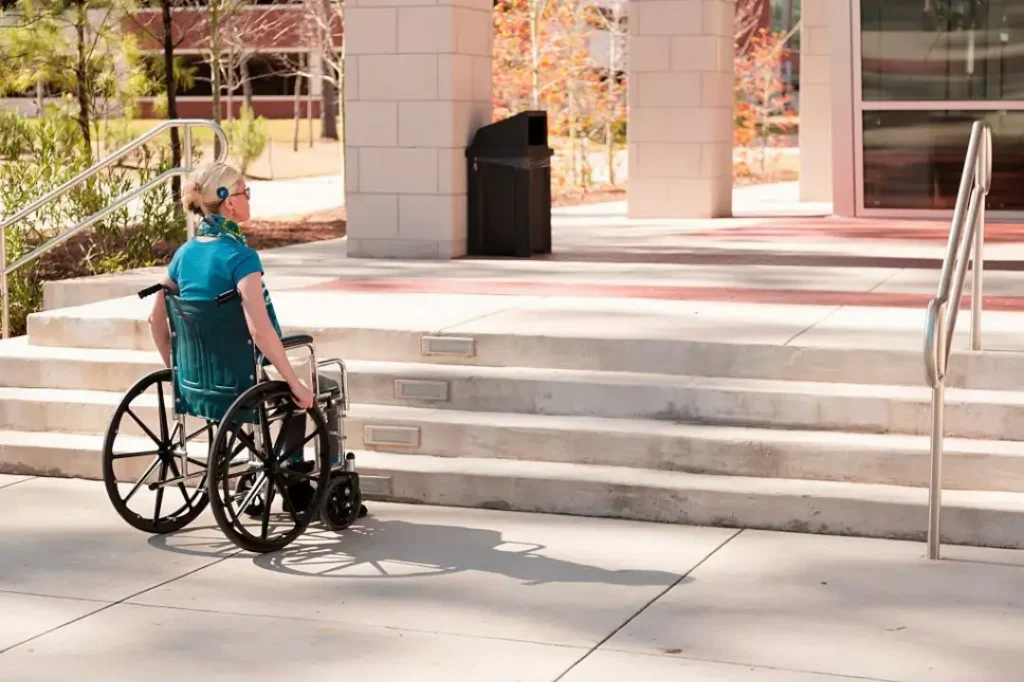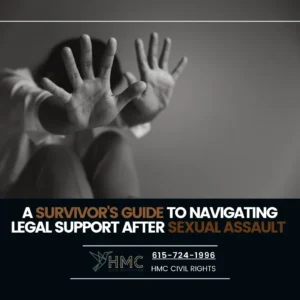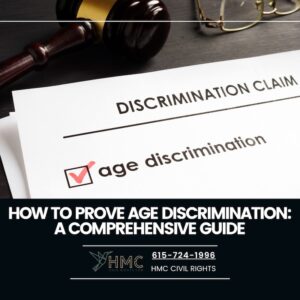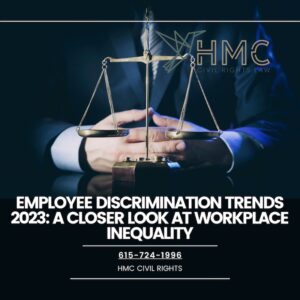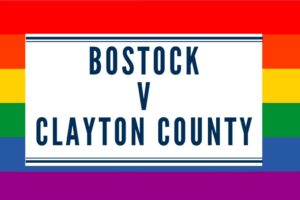According to the World Health Organization, an estimated 15% of the world’s population lives with a disability. In the United States, that number is closer to 21%.
And while there have been many laws passed in recent years to protect people with disabilities from discrimination, it still happens.
You may not even know it, but if you’ve ever been mistreated at work or in another setting because of a mental or physical impairment, you may have experienced disability discrimination.
Unfortunately, this type of discrimination is all too common, but many people don’t realize they have a case. In this article, we will discuss what disability discrimination is, what counts as a disability, and where you may encounter it.
We will also give you tips on what to do if you think you have been the victim of disability discrimination.
What is disability discrimination?
Disability discrimination is when an individual with a disability is treated unfairly or differently in the workplace or other settings. This can include failing to provide reasonable accommodations, firing someone, or harassing someone because of their disability.
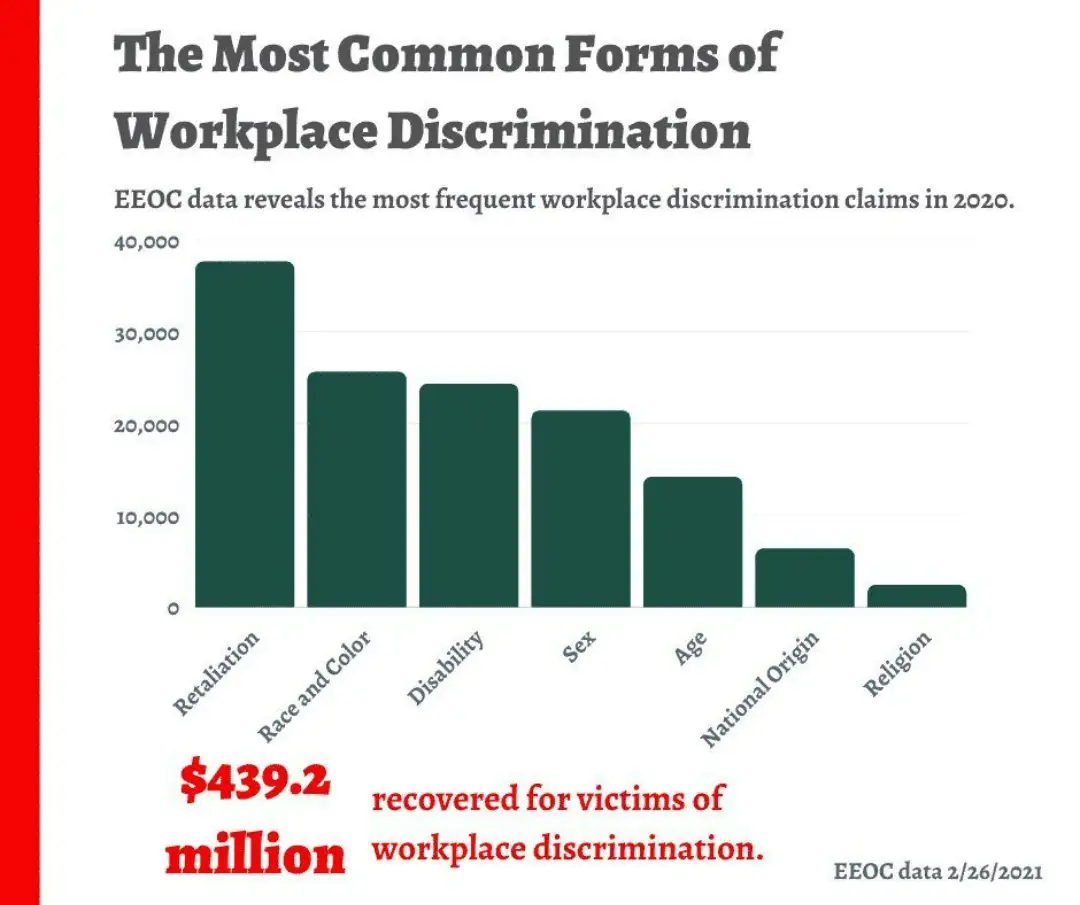
For example, if you have a disability that requires you to use a wheelchair and your workplace does not have an accessible entrance, this would be considered discrimination.
Or, if you are passed over for a promotion because your employer believes you cannot do the job because of your disability, this would also be considered discrimination.
What counts as a disability?
To be protected from disability discrimination, you must first establish that you have a disability. This can be a physical or mental impairment that limits your ability to perform major life activities.
It’s crucial to keep in mind that the term “disability” under the Americans with Disabilities Act (ADA) refers to a legal, rather than medical, definition.
Because it is defined by law, the ADA’s notion of disability differs from how disability is defined under other legislation, such as Social Security Disability Insurance (SSDI).
The ADA classifies a person with a disability as someone who has a physical or mental impairment that severely limits one or more major life activities. This includes those who have previously suffered from an impairment, regardless of whether they presently have one. It also includes people without disabilities who are nevertheless considered disabled. The ADA also forbids discriminating against individuals based on their relationship status to a person with a disability.
Some examples of disabilities that would qualify you for protection under the Americans with Disabilities Act (ADA) include, but are not limited to:
- Cancer
- HIV/AIDS
- Diabetes
- Epilepsy
- Bipolar disorder
- Schizophrenia
- Missing limbs
- Paralysis
- Intellectual disability
- Deafness or blindness
While these are some of the more common disabilities, many others may not be immediately apparent. If you think you have a disability, it’s always best to consult with a medical professional to get a formal diagnosis.
However, even if you don’t have a formal diagnosis, you may still be protected under the ADA if your impairment limits one or more major life activities.
Disability discrimination at work
One of the most common places people experience disability discrimination is in the workplace.
There are a few different ways this can happen. For example, an employer may refuse to hire someone because they have a disability.
Or, an employer may fail to provide reasonable accommodations for an employee with a disability. This could include things like modifying the workplace to make it accessible or providing assistive technology.
Another common form of disability discrimination in the workplace is when an employer treats an employee with a disability differently than other employees. This could include failure to promote, demotion, or harassment.
If you think you have experienced any of these forms of discrimination, it’s essential to speak up.
There are a few different ways you can do this. You can file a complaint with the Equal Employment Opportunity Commission (EEOC). Or, you can file a private lawsuit against your employer. You may also be able to file a complaint with your state’s fair employment practices agency.
It’s also wise to contact a qualified attorney who can help you navigate the legal process and protect your rights.
Access to goods, facilities, and services
Disability discrimination isn’t just limited to the workplace. It can also occur in other settings, such as when accessing goods, facilities, or services.
For example, if you’re denied entry to a restaurant because of your disability, this would be considered discrimination.
Or, if you’re not able to use a public transportation system because it’s not accessible, this would also be considered discrimination.
The Americans with Disabilities Act (ADA) prohibits discrimination in all areas of public life, including goods, services, and facilities.
If you think you’ve been the victim of disability discrimination, there are a few different ways you can file a complaint.
- You can file a complaint with the Department of Justice (DOJ).
- You can file a private lawsuit against the business or entity that discriminated against you.
- You may also be able to file a complaint with your state’s fair employment practices agency.
It’s important to note that there are deadlines for filing a complaint, so it’s essential to act quickly.
It’s also wise to contact a qualified attorney who can help you navigate the legal process and protect your rights.
Housing discrimination
Disability discrimination can also occur in the housing market.
For example, if you’re denied housing because of your disability, this would be considered discrimination.
Or, if a landlord fails to make reasonable accommodations for your disability, this would also be considered discrimination.
The Fair Housing Act (FHA) prohibits discrimination in housing based on race, color, national origin, religion, sex, familial status, and disability.
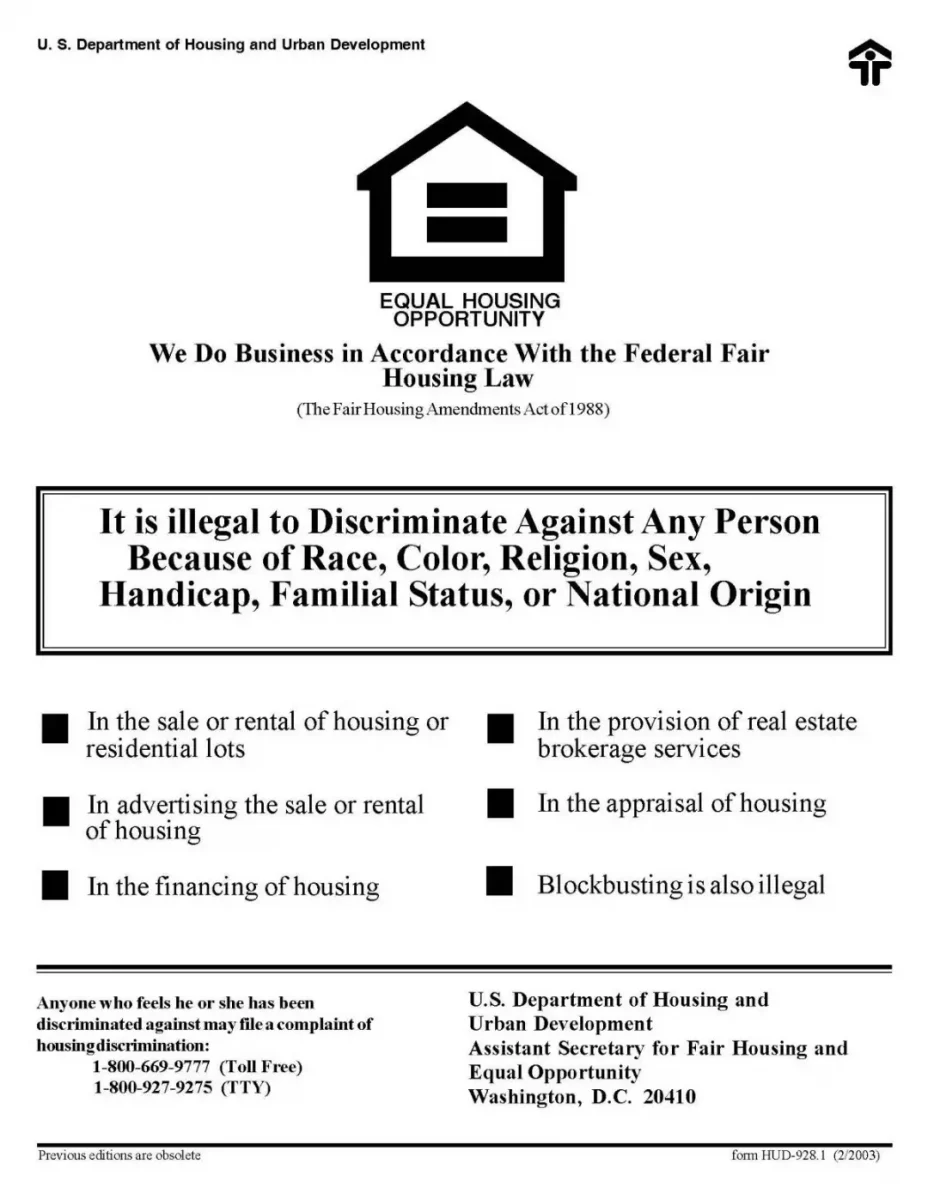
If you think you’ve been the victim of housing discrimination, there are a few different ways you can file a complaint.
You can file a complaint with the Department of Housing and Urban Development (HUD).
Or, you can file a private lawsuit against the business or entity that discriminated against you.
You may also be able to file a complaint with your state’s fair housing agency.
It’s important to note that there are deadlines for filing a complaint, so you must act quickly.
It’s also wise to contact a qualified attorney who can help you navigate the legal process and protect your rights.
Discrimination in education
Disability discrimination can also occur in the education system.
For example, if a student is denied admission to a school because of their disability, this would be considered discrimination.
Or, if a student is not provided with the necessary accommodations or resources to succeed in school because of their disability, this would also be considered discrimination.
The Individuals with Disabilities Education Act (IDEA) prohibits discrimination in education based on disability.
If you think your child has been the victim of disability discrimination in education, you can file a complaint in a few different ways.
- You can file a complaint with the Department of Education (DOE).
- You can file a private lawsuit against the school system.
- You may also be able to file a complaint with your state’s education agency.
It’s important to note that there are deadlines for filing a complaint, so it’s important to act quickly.
It’s also wise to contact a qualified attorney who can help you navigate the legal process and protect your rights.
Access to public transport
If you have a disability, you have the right to use public transportation.
The Americans with Disabilities Act (ADA) requires that all public transportation be accessible to people with disabilities. This includes buses, trains, subways, and other forms of public transportation.
Uber, Lyft, and other Ride-sharing services
Here’s where it gets tricky.
Uber, Lyft, and other ride-sharing services are not required to be accessible to people with disabilities.
Why?
The Americans with Disabilities Act (ADA) prohibits public transportation companies from discriminating against individuals with disabilities. Uber and Lyft, on the other hand, describe themselves as technology firms rather than transportation businesses. Because the drivers are self-employed, Uber and Lyft argue that they are not required to provide accessible vehicles and accommodations.
And then, there are lawsuits like this one:
As someone who relies on supplemental oxygen for mobility, I stand in solidarity w/ folks like @coffeespoonie & @Imani_Barbarin who endure ableist discrimination from Uber, Lyft, & taxi drivers. We all have every right to leave our homes w/ the help of our medical equipment!
— 💀 Skelekørgi 🐺 (@Skelekorgi) January 22, 2020
However, this argument is currently being challenged in courts across the country.
In the meantime, Uber and Lyft do offer some services for people with disabilities.
For example, Uber offers a service called UberASSIST, which assists riders with disabilities. And Lyft offers a service called Accessible Vehicles, which provides wheelchair-accessible vehicles in some markets.
If you think you’ve been the victim of discrimination by Uber, Lyft, or another ride-sharing service, you can file a complaint with the Department of Justice (DOJ).
You can also file a private lawsuit against the company.
It’s important to note that there are deadlines for filing a complaint, so it’s important to act quickly.
It’s also wise to contact a qualified attorney who can help you navigate the legal process and protect your rights.
What to do if you think you may be a victim of disability discrimination
If you feel you may be a victim of disability discrimination, you can do a few things.
First, try to talk to the person who you feel is discriminating against you. This conversation can be difficult, but it may help to clear the air and resolve the issue.
Second, you can file a complaint with the U.S. Equal Employment Opportunity Commission (EEOC). The EEOC is responsible for investigating charges of discrimination in the workplace.
If all else fails, you can file a private lawsuit against the person or organization you feel is discriminating against you.
If you win your case, you may be entitled to damages, including lost wages, emotional distress, and punitive damages.
Discrimination against people with disabilities is a serious problem. Don’t hesitate to take action if you think you may be a victim of disability discrimination.
If you have been discriminated against because of your disability, please don’t hesitate to contact us. We can help you understand your rights and fight for justice. Our team at Heather M. Collins is experienced in civil rights and employment law, and we are ready to help you. Call us today.

Why should you choose Heather M. Collins?
Heather has dedicated her career to protecting the rights of employees, and she has represented clients in a wide range of employment-related matters, including discrimination, harassment, and retaliation claims.
Contact us today if you have been discriminated against because of your disability. We can help you understand your rights and fight for justice.
Disability discrimination affects all of us. Contact us today to learn more about your rights and how we can help you fight for justice.
